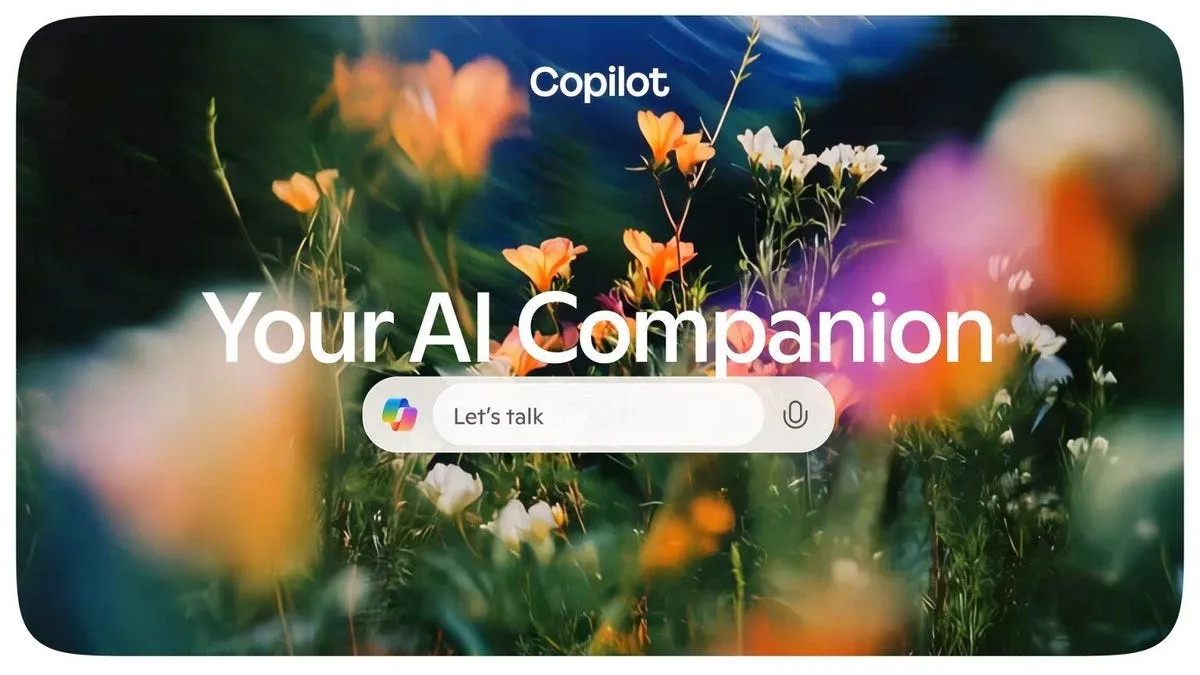
Microsoft recently marked its 50th anniversary, solidifying its status as a key player in the technology industry. Often referred to as one of the Big Tech Big Five or Magnificent Seven, Microsoft's influence on the evolution of personal computing over the last five decades is undeniable. Today, the company is not only a leader in software but also a frontrunner in the artificial intelligence landscape.
With the launch of ChatGPT by OpenAI in November 2022, the tech world has rapidly embraced the potential of generative AI. Microsoft has taken a bold step by partnering with OpenAI, committing to a multiyear, multibillion-dollar investment. This collaboration has led to the development of Microsoft Copilot, which debuted in 2023 as the successor to Bing Chat, continuing the evolution from earlier virtual assistants like Cortana.
So, what is Microsoft Copilot? It serves as an AI assistant, a chatbot, and a multifunctional application—all rolled into one. The term "Copilot" can be a bit ambiguous, but it encompasses a range of AI-powered tools integrated into Microsoft's ecosystem, including Windows, Edge, Bing, Microsoft 365, Teams, GitHub, and various security tools. Additionally, users can download the Copilot app on both iOS and Android devices.
The branding of Copilot has even extended to hardware, with the rollout of the Copilot Plus PC, which includes a dedicated Copilot key for quick access to the AI assistant. Powered by OpenAI's ChatGPT-4o and DALL-E 3 along with Microsoft's proprietary Prometheus model, Copilot utilizes large language models to assist users in tasks such as writing text, creating images and music, summarizing emails, generating code, and automating various processes within familiar applications.
As an AI chatbot, Copilot can be compared to other platforms like ChatGPT, Perplexity, DeepSeek, and Claude from Anthropic. However, unlike these standalone chatbots, which require users to input prompts separately, Copilot operates directly within applications. For instance, instead of drafting an email in ChatGPT and then copying it into Outlook, Copilot generates email drafts directly within Outlook, utilizing your existing email context to streamline the process.
On Windows 11, Copilot is integrated directly into the taskbar, functioning as a sidebar assistant to facilitate tasks like adjusting system settings, managing files, and more. In Edge, it provides contextual assistance, such as summarizing web articles or comparing products while browsing. For developers, GitHub Copilot offers real-time code suggestions as users write code. When using Microsoft 365 Copilot, the AI draws from your files and chats to generate content or provide recommendations across various applications.
Microsoft offers several versions of Copilot, each with different pricing structures. A basic version of Copilot is available for free for individual users across Windows 11, Edge, Bing, and mobile platforms. For $20 per month, users can access Copilot Pro, which includes enhanced features and performance. The Microsoft 365 Copilot tailored for business users is priced at $30 per user per month and incorporates AI tools into essential applications such as Word, Excel, and Teams.
As AI tools like Copilot become more integrated into daily software, they raise significant privacy concerns. With its constant monitoring of user activity to enhance its functionality, the line between convenience and surveillance can easily blur. While Microsoft maintains high security standards, users must remain vigilant about the data they share. Experts like Ashique KhudaBukhsh emphasize the importance of understanding privacy trade-offs when using AI systems.
Despite its advancements, Microsoft has faced challenges with AI privacy tools, notably with the Recall feature, which aimed to help users retrieve information quickly. After facing criticism, this feature was temporarily retracted but is gradually being reintroduced. Microsoft has committed to enhancing data protection measures for Copilot, ensuring user privacy remains a priority.
Microsoft Copilot is rapidly becoming one of the leading AI assistants, thanks to its deep integration across Microsoft's suite of products. While it aims to boost productivity and ease mundane tasks, users should remain cautious about the information they share. As KhudaBukhsh notes, technology can offer remarkable convenience, but it is essential to understand the balance between utility and privacy.